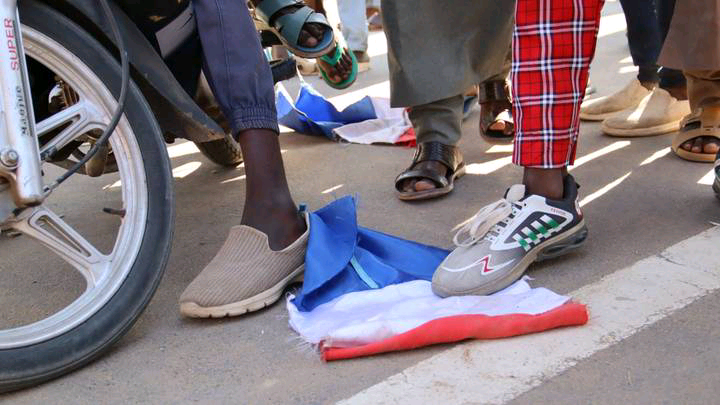By: Chioma Madonna Ndukwu
On December 6, 2024, hundreds of demonstrators took to the streets in Chad’s capital, N’Djamena, demanding the withdrawal of French troops stationed in the country. The protests came just a week after Chad announced its decision to end a defense cooperation agreement with France, aiming to realign its strategic partnerships to better reflect national interests.
Chanting “Chad for us, France out!” and waving banners with messages like “We do not want to see a single French person in Chad,” the protesters targeted key locations, including a French military airbase and the French embassy. Despite heavy security around the embassy, the crowds persisted, expressing their desire for the French military to leave. Dr. Hissein Massar, a former Minister of Public Health, stated, “We no longer want the French presence in Chad. This protest will stop once the French leave.”
Chad’s government, under interim President Mahamat Deby Itno, recently announced the end of its defense cooperation with France but emphasized that this decision would not affect its broader historical ties with the former colonial power. France still maintains about 1,000 troops in Chad, though the government has not set a timeline for their departure. This decision aligns with a regional trend where several Sahel countries, including Mali, Burkina Faso, and Niger, have ousted French forces in recent years.
This demonstration signals growing tensions and a shift in how African countries are engaging with former colonial powers. While Chad insists its relationship with France remains important, it is clear that many citizens feel it’s time for a change, especially in the context of ongoing security concerns and national sovereignty. It will be interesting to see how both countries navigate this complex shift in military and diplomatic relations.


